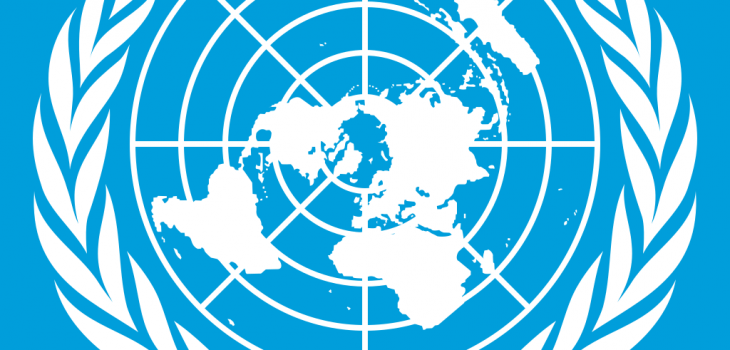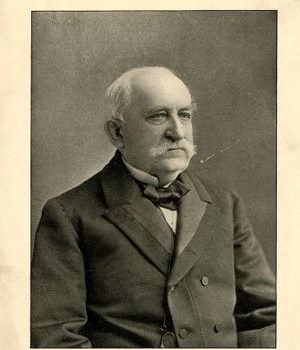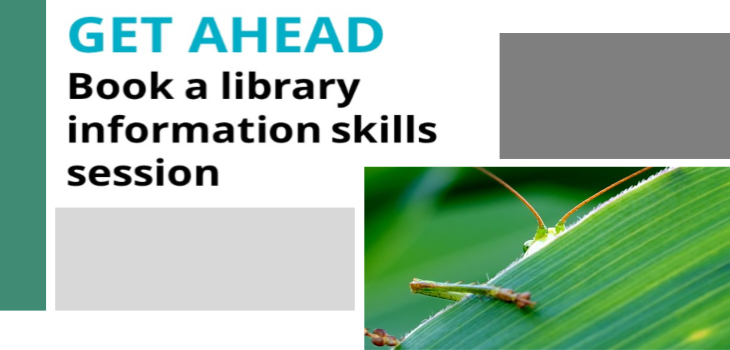24th October is United Nations Day.
Founded in 1945 to promote world peace and stability, the UN has since widened its remit to promote issues such as human rights, economic development and humanitarian assistance, and environmental and climate issues. In its 80 year history so far, the UN has won…










